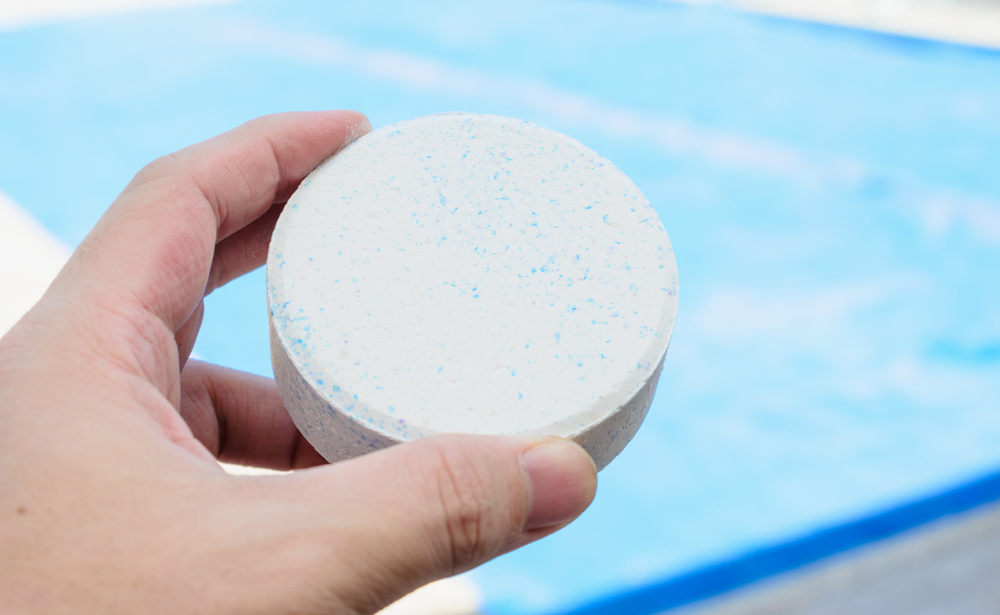Chlorine has always been the standard bleach chemical used for disinfecting and purifying drinking water and swimming pools. The chemical is also one of the main agents found in several cleaning products used to clean countertops and bathrooms, and to wash dishes and do laundry.
The effectiveness of swimming pool chlorine in disinfecting our pools, and the efficiency of chlorinated bleach as a household disinfectant has never been in question, until recently.
According to various studies, it can take up to 15 minutes for chlorine to kill viruses and other microbes compared to alcohol, which takes less than 10 seconds only, to perform the same action. Nevertheless, if given adequate time, chlorine is still the most effective option when it comes to killing germs and viruses in your swimming pool.
Here are a few points you need to know about chlorine and how it kills germs and viruses.
Using Chlorine to Treat Water
Chlorine added to water forms a hypochlorous acid through a robust chemical reaction. The hypochlorous acid formed is able to penetrate into microbes and pathogens like bacteria and virus subsequently killing germs effectively.
In essence, the chemical works by decimating proteins in bacterial cells consequently causing these microbes to die. However, the mechanism it uses to kill viruses remains unknown, but experts believe chlorine destroys viral proteins, making viruses unable to infect human cells.
Under the right conditions, chlorine-based disinfectants can also kill parasites thus making chlorine the ideal choice for treating water.
Despite the fact that chlorine is effective in killing germs and viruses, it does not offer instant results. Apparently, the chemical requires adequate time to react with water and form the all-important hypochlorous acid essential in killing germs.
This slow reaction makes chlorine the perfect disinfectant for water tanks and swimming pools since these systems allow the chemical to sit in the water over a longer period.
Research by the Centers for Disease Control and Prevention shows swimming pool chlorine kills E. coli in less than a minute while it takes about 16 minutes to kill Hepatitis A virus. Destroying gastrointestinal parasites can take anywhere from 45 minutes to 10.6 days depending on the DNA structure of the parasite.
Although these timelines might seem longer, chlorine has one major advantage over other disinfectants in that it can kill dormant bacterial spores, which are capable of activating and causing infection.
Benefits of Using Chlorine
Since chlorine requires sufficient time to settle before killing germs, the chemical provides continuous protection against microbes. Chlorine not only kills germs, but also continues to keep drinking water and pool water clean over time. In essence, the chemical protect purified water from re-contamination throughout its journey in the water supply system.
In addition to treating drinking water and swimming pools, chlorine is a useful agent for cleaning countertops, floors and other household surfaces. 1 cup of chlorinated bleach in 5 gallons of water is sufficient to keep germs and viruses in your household at bay.
Chlorine can also be used to sanctify other materials such as the silicon in computer circuits and titanium used for making replacement joints.
Bottom Line
Chlorine might not be as fast as other disinfectants, but it is highly effective in killing most types of germs, viruses and parasites. The chemical provides continuous protection against re-contamination of already treated water thus making it the perfect choice for all types of water systems.
